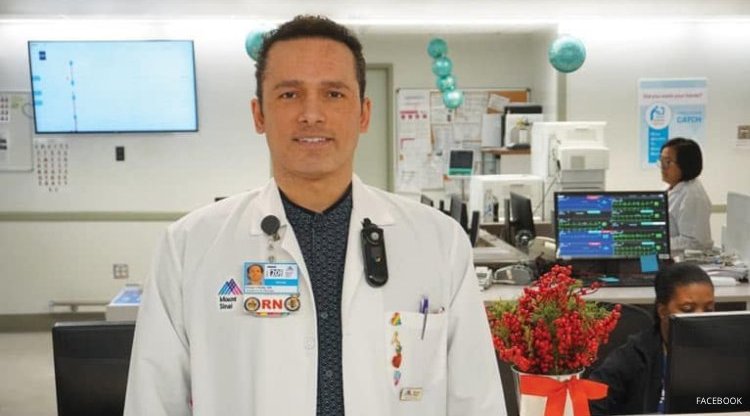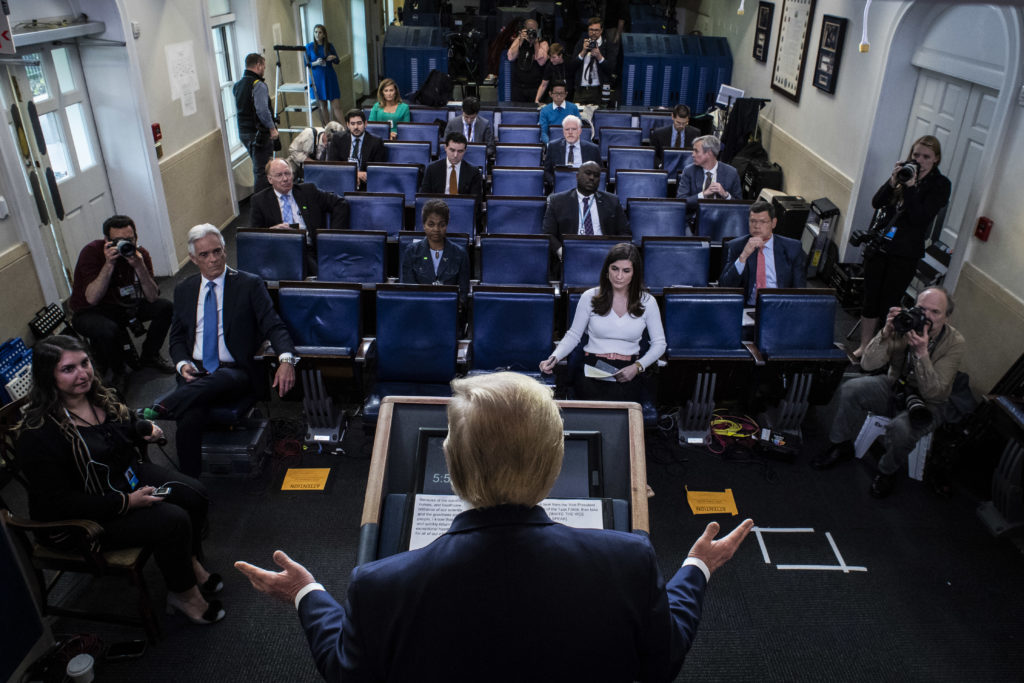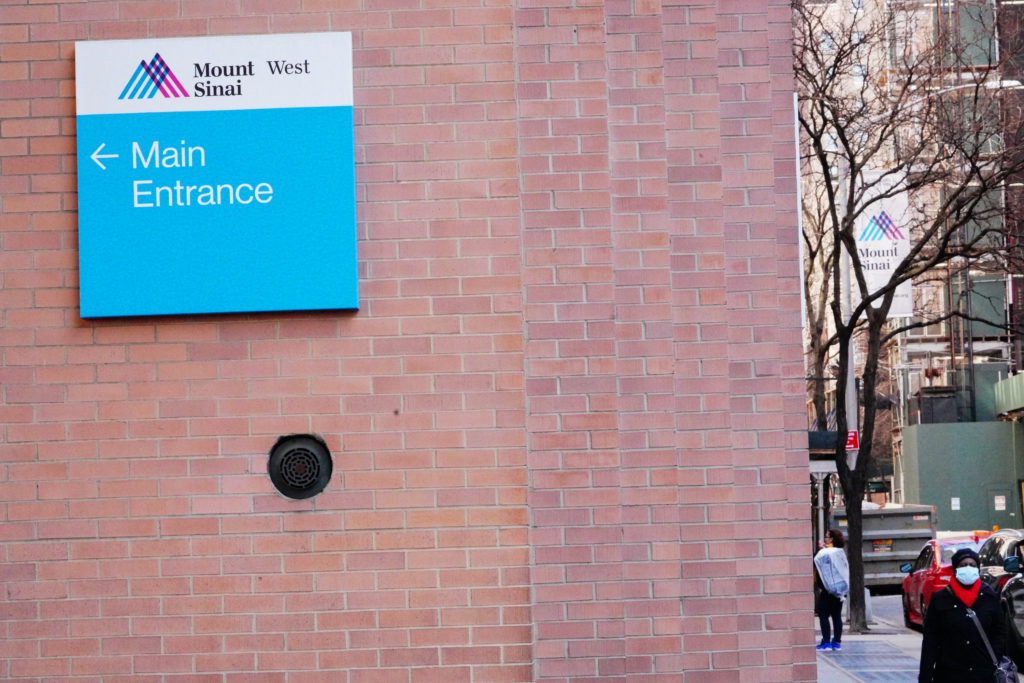
Kious Kelly, a native of Michigan, texted his sister that he tested positive for coronavirus. She never heard from him again. (Facebook)
“I’m OK,” gay nurse Kious Kelly told his sister March 18, “don’t tell mum and dad. They’ll worry.”
These were his last words.
Kelly has become a headline dreaded by New Yorkers – front-line healthcare providers especially – the first state nurse to die of coronavirus.
The 48-year-old assistant nurse manager at Mount Sinai West tested positive for the novel virus and breathed with the help of a ventilator in the ICU. He died Tuesday, the New York Post reported.
Kious Kelly’s sister: ‘His death could have been prevented.’
Countless fellow staffers, friends, family and LGBT+ community leaders mourned his death online, with some setting up a GoFundMe page to support his loved ones. The page is threaded with reverent messages lauding his life.
His death, which his sister Marya raged “could have been prevented” on Facebook Wednesday, has become a horrifying glimpse into weeks to come for America’s overstrained health system.
“Please help get our healthcare workers the protection they need,” she wrote, adding that although her brother had asthma, he was otherwise healthy.

A story of missteps and mixed messages, US president Donald Trump’s handling of the coronavirus has outraged medical chiefs. (Jabin Botsford/The Washington Post via Getty Images)
The US now has the highest coronavirus caseload in the world and missteps from the Trump administration, advocates warn, have threatened the lives of Americans.
Moreover, New York City has become a petri dish for the deadly but delicate virus, hoarding almost a quarter of the country’s COVID-191 cases.
Gay nurse dies of coronavirus, and outraged staffers say hospital’s lack of protection is to blame.
Dwimdling supplies in US hospitals did not exclude the one Kelly clocked-in day-to-day.
He had worked nonstop for weeks as fellow staffers wore gowns made of trash bags not enough to protect them from the wave of hacking, feverish patients pelting the hospital.
Kelly’s colleagues are frightened. Terrified that the scarcity of protective kits for staff – such as masks and gowns – contributed to Kelly’s death and they, too, might be next.
“Kious didn’t deserve this,” an anonymous nurse told the paper.
“The hospital should be held responsible. The hospital killed him.”
“I’m also very angry with the Mount Sinai Health System for not protecting him,”registered nurse Bevon Bloise posted to Facebook.

A view of Mount Sinai Hospital West amid the coronavirus outbreak on March 26, 2020 in New York City. (John Nacion/NurPhoto via Getty Images)
“We do not have enough PPE, we do not have the correct [personal protective equipment], and we do not have the appropriate staffing to handle this pandemic.
“And I do not appreciate representatives of this health system saying otherwise on the news.”
Mount Sinai West representatives denied the staff claims when approached for comment by the New York Times, saying: “While we do — and have had — enough protective equipment for our staff, we will all need more in the weeks ahead.”
The world treats them as war heroes, but some healthcare providers don’t want to be brave.
They feel trapped. If they don’t come in, they’ll lose their jobs.
If they do come in, they might die.
Dozens of medics and loved ones remember Kious Kelly.
Many remembered the Lansing, Michigan, local as the guy who moved to the New York City 20 years ago with a dream.
Kious Kelly yearned to become a dancer, but found himself applying for nursing school.
“He used to carry around a thick notepad holder that hides a box full of chocolates and candies so he can have it handy to give out to miserable/grumbly nurses and doctors who are more likely than not ‘hangry,'” Joanne Loo, a fellow nurse at Mount Sinai West, wrote on Facebook.
“He spreads joy and love exactly like how the world needs it. He is a nurse hero to the patients and nurses who he crossed path with.
“His death hit home… and it hurts.”
His family is now trying to bring his body back to Michigan.
“We know we can’t have a service anytime soon, but we want him home,” Sherron said.
“He died alone. We want him home now.”
